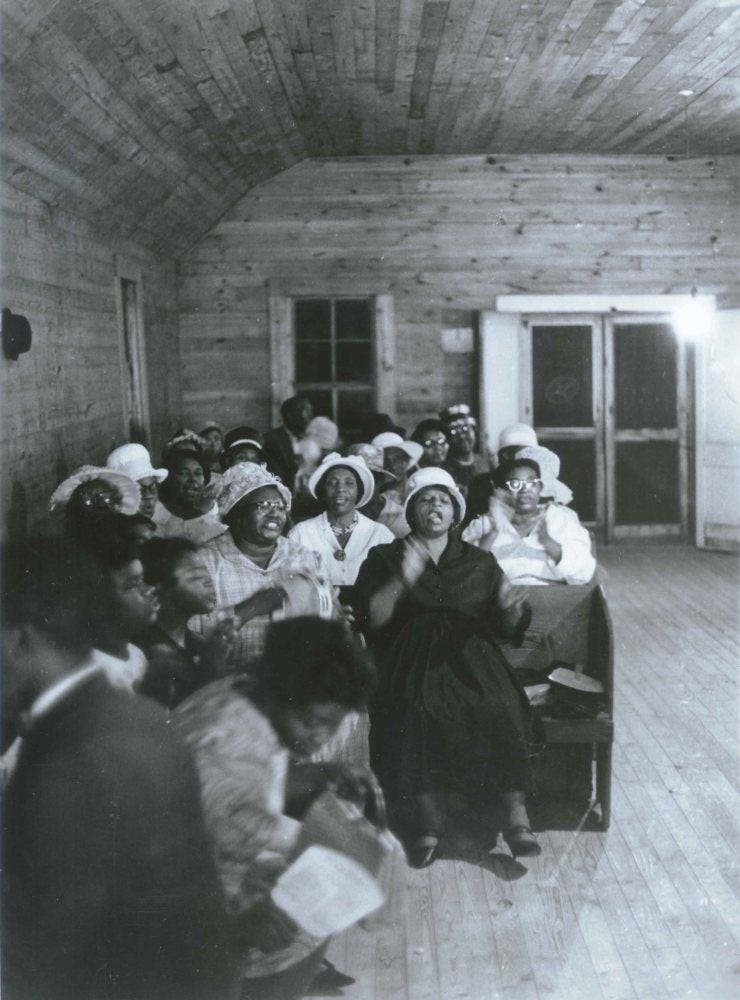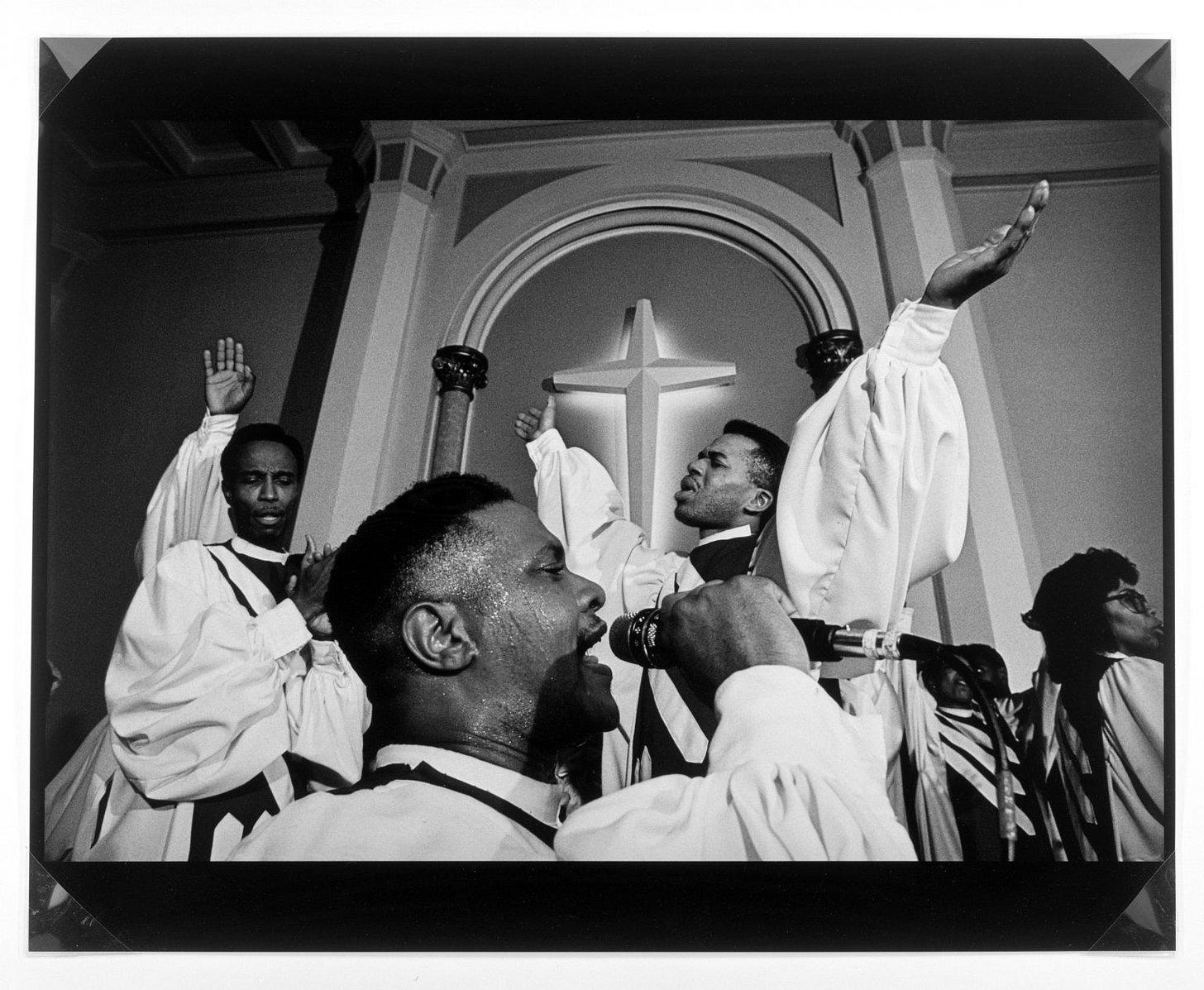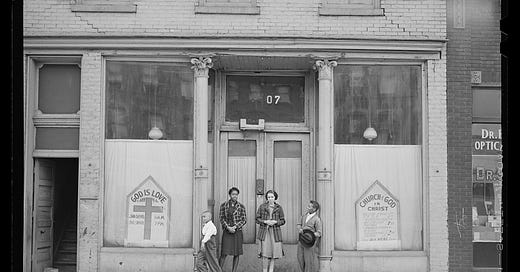I used to dread getting asked if I still go to church. Maybe it’s too early to relegate my animosity to the past. But I don’t fear this question—or questions like it—as much as I once did.
At a wedding, an old friend once asked me how I was. But that wasn’t the end of their inquiry. As they tiptoed their way through the question, I understood they were really asking about my closeness to God—or lack thereof.
They perceived me and Jesus had grown apart since I last saw them. They were right in the sense that many evangelical Christians substitute a relationship with God for more tangible things like attending church or reading the Bible.
I explained how my connection to these things had changed. I stopped going to church and struggled with a belief system that willingly sacrifices living, breathing humans on the altar of theories.
For example, queer kids consider, attempt, and die by suicide at alarming rates—often encouraged by key figures in their lives, including religious leaders, who try to convince them to change their sexual orientation or gender identity.
Many evangelical Christians believe this push toward “conversion” or “repair” is supported and justified by the Bible. But as Christena Cleveland wrote, “We must measure the sociological performance of our theological convictions.”
In other words, what kind of fruit is borne from our beliefs?
As I carefully explained my concerns to this friend from a former life, I wouldn’t be surprised if they heard I was no longer a Christian.
In the years since then, I’ve been asked this question by loved ones and acquaintances alike—if I still consider myself a Christian. And the answer that feels most true is that I’ll never not be a Christian; it’s my native tongue.
On “the sky is quiet” by Charlotte rapper Mavi, he says, “The earth hurts and so the church the first language in me.”
Christianity is the language I was handed as I began making sense of the world—and in many ways, it’s how I began making sense of the world.
My first lessons on love, sharing, and being brave came from the Bible. But I only knew this Bible because my mom dragged me out of bed to go to church. I’d stand on the pews at this church and impersonate the pastor’s words and cadence. And then, I’d get in Grandma Gwen’s car and hear songs that named God and His blessings.
God was always taught to me as a He, but it’s the women in my life who planted this faith in me. They’re who I think of when I think of God. They’re why I still cling to Christianity.

On NPR’s Code Switch podcast,
described his ongoing ministry work as “my obligation to the Black people who formed me.”While I stepped away from ministry work years ago, I remember my grandma’s Bible—its pages hanging by a thread, still etched with her handwriting.
I remember the prayer I’d say with my mom before bed—its words echoed in Kid Cudi’s song “The Prayer”:
“If I die before I wake,
I pray the Lord my soul to take”
These days, I consider deaths beyond my own. The deaths of tens of thousands of Palestinians in Gaza since October 2023. The deaths of trans children as states pass laws denying their existence. The deaths of ourselves, our souls taken, as we harm and let harm.
And while it’s these deaths that make me question Christianity, in my search for meaning, I return to what
(University of Denver/Illiff School of Theology) calls the “language that I understand and know.”When speaking with The New Yorker’s Amanda Petrusich last October, Justin Vernon (also known as Bon Iver) talked about his relationship to this language—and more specifically, the word “God.”
“Having been atheist and an agnostic at different times in my life,” shared Vernon, “growing up Lutheran and then studying world religion in college, I was cynical, almost angry that when we use the word ‘God,’ we’re so often misusing it.”
Vernon continued, “But I’ve been saying the word again lately, because I’m sick and tired of saying ‘synchronicity and coincidence.’ And I just don’t know what else to call it.”
“I’ve had friends who are deeply, deeply religious, and they talk about what God means to them,” he added. “I’ve been a little more open to it. I’m certainly not a theist. But I like the word ‘God’ and I’m back to using it.”
The word “God” still scares me—or as Rachel Held Evans described it, “I’m haunted by the Church.” But I’m at least at a place where I can say, Christianity is my first language, and it won’t be my last.

Still, I find peace in a Prodigal Son story that says you can always return home. No matter where your travels take you, there’s always somewhere for you to belong.
“There’s nothin’ wrong with dancin’ for Jesus,” said Kirk Franklin. “But we can’t forget where we come from.”
This is beautiful to me. And like J.C. Howard shared after his Code Switch conversation with Stewart, “If you find truth or beauty or freedom, you hold on to it wherever you found it.”
The Christian teachings I’ve been handed haven’t always been freeing. They haven’t always emanated truth or beauty, but that doesn’t mean I forsake the good I have witnessed. The good I wasn’t just given, but that I was born into.
The joy I feel when singing the songs my mom and grandma used to sing. The prayers that uplift me when the world comes crashing down. Those same prayers that uplifted my ancestors when freedom felt like a pipe dream.
Like the hymn says, “It was good for our mothers, it’s good enough for me.”
Joy Oladokun expands on these words in her song “GOOD ENOUGH.” She sings to her parents, and maybe even to God, “I hope you know your love was good enough.”
This is the grace that comes with age. The ability to say, it wasn’t all perfect, but I honor the good.
I didn’t have those words at that wedding, but I have them now. I’m good enough.
I’m the Christians who raised me. The Muslims in my city who invite us to write Eid letters to incarcerated Muslims every year. The Buddhist teachings that remind me to acknowledge the thoughts as they come and go.
I’m the homies who have no religion and still practice love, care, and compassion. I’m all that has shaped me and still has yet to call me home.
I’m not without my questions. In other words, I’m alive.
Or simply, I’m good enough.
Thank you!
I appreciate you reading! If you enjoyed, please share it with someone special.
Was this forwarded to you? Sign up here to receive my next newsletter directly in your inbox.
Support the newsletter: If you’d like to support my work, consider becoming a Paid subscriber to Feels Like Home or buying me a coffee.
Stay connected: For more content and updates, visit my website or follow me on Instagram, Threads, and LinkedIn.





Ya know.. apart from the general sturdiness and tenderness that you generally bring in your writing.. this was also just a perfect essay as far as balance and rhythm and research. I stand in envy my friend. Well done.
This was so deeply beautiful. I wish I could wrap each paragraph around me like a blanket